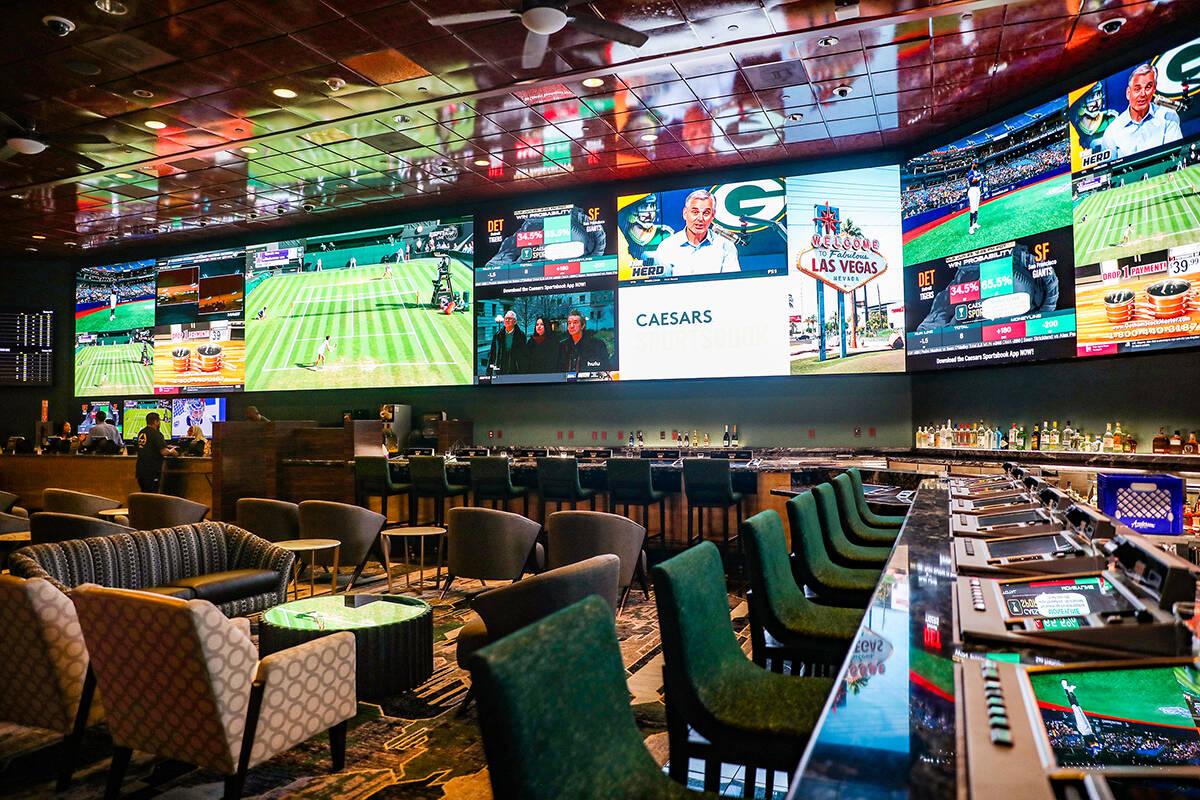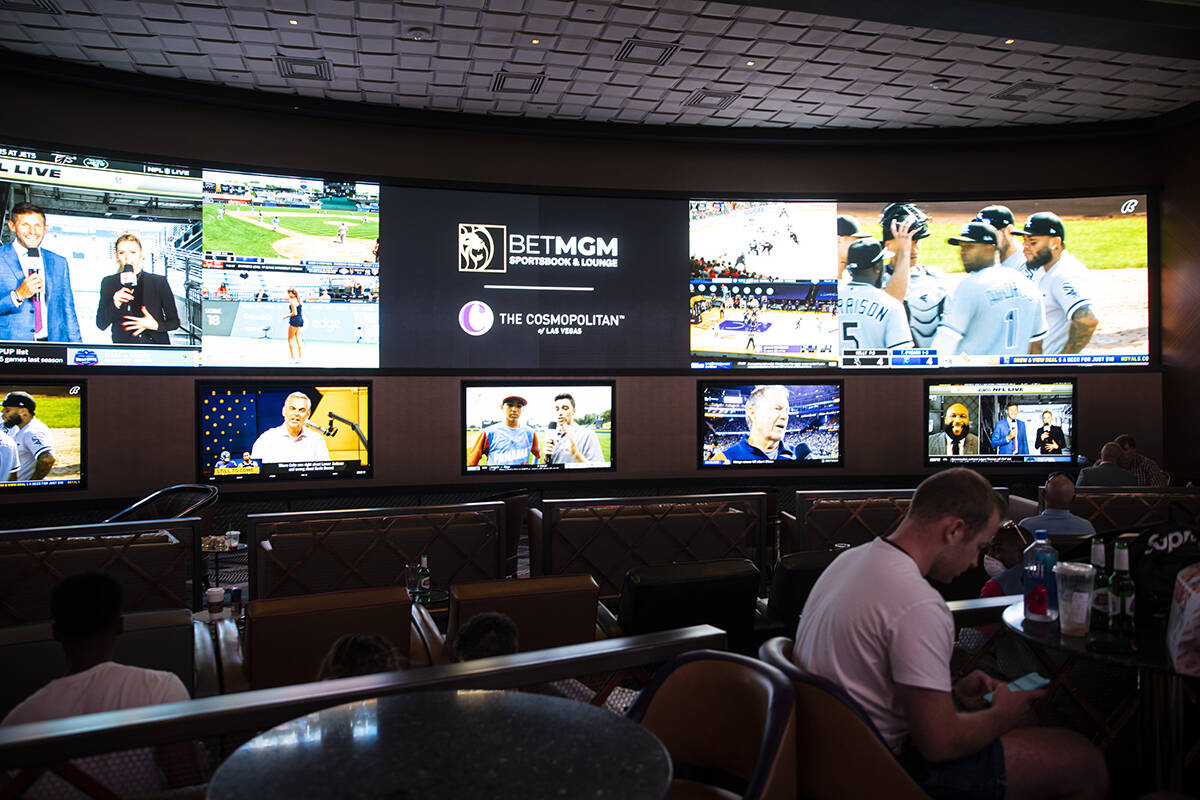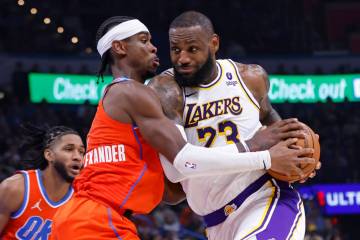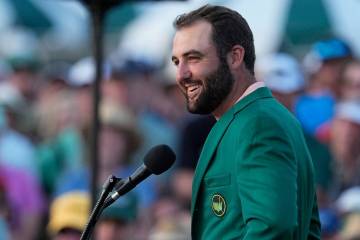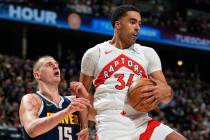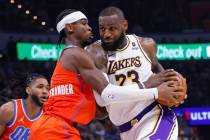Sports betting expands in US faster than some expected
The National Football League season kicks off Thursday when the Buffalo Bills visit the defending Super Bowl champion Los Angeles Rams.
Five years ago, only people in Nevada could have placed a legal wager on the outcome. Soon, bettors in 35 states and Washington, D.C., will be able to get some action down on pro football, European soccer, mixed martial arts and more.
That’s how quickly sports betting has exploded across the country since May 14, 2018, when the U.S. Supreme Court issued a ruling allowing states to decide whether to offer legal wagering.
Before, announcers might have made oblique references to point spreads or over/under totals during a game. Now, ESPN and other networks have dedicated betting shows, and announcers will openly discuss how a late play affects betting outcomes.
Jason Scott, vice president of trading for sportsbook giant BetMGM, said betting has become simply a part of the way fans consume games, with a variety of ways to wager and stay interested in the outcome.
“We’re seeing sports betting become part of the vernacular now, even with people that weren’t interested in it before,” he said. “It brings more people to the game. A $10 or $20 parlay or first touchdown scorer or player prop (bet) creates interest. We’re seeing it with men, women. … I think it’s been fantastic.”
Congress passed the Professional and Amateur Sports Protection Act in 1992, creating a de facto ban on sports betting in the U.S. Only Nevada was grandfathered in as a state already offering legal single-game wagering — for example, a $20 bet on the Bills to beat the Rams.
Delaware, Montana and Oregon were allowed to continue offering other limited forms of sports betting.
Few states were fighting for legalized sports betting in 1992.
New Jersey led the push in the 2010s, and now a majority of states have poured into the market.
Dustin Gouker, an analyst at LegalSportsReport.com, has been tracking the status of legal betting before the Supreme Court decision.
“The day the federal ban came down, I thought we’d get sports betting in a lot of places, but I definitely did not see the rate of expansion as fast as it is,” he said. “I’d argue we’re in the midst of one of the largest gambling expansions in a compressed amount of time in really the history of the U.S.”
In a time of deep political polarization, sports betting has stepped outside of the red state-blue state divide. Sports betting is legal in Arkansas but also in Connecticut. Kansas launched legalized wagering Thursday, and it’s about to kick off in Massachusetts.
“The morality police has kind of cooled off on gambling,” Gouker said. “… It’s been framed as tax revenue and consumer protection in most states, and that’s something that most people can get behind.”
For all the rapid expansion of sports betting, there is still plenty of room for the industry to grow. The three largest U.S. states by population — California, Texas and Florida — have not legalized betting, Gouker said.
That could change this fall in California. Two sports betting proposals are on the November ballot, one allowing online betting and another allowing only in-person betting at tribal casinos and horse racing tracks.
The American Gaming Association said $57 billion was wagered at legal U.S. sportsbooks last year, but that is still only a little more than a third of the $150 billion the AGA estimates was bet illegally each year before the Supreme Court ruling.
“There are big states that are out there where there are no legal options,” Chris Cylke, senior vice president of government relations for the AGA, said. “When and if there’s legalization there, we’re going to expect the handle for the legal market to elevate.”
Future of expansion
In Nevada, there were some concerns that the Supreme Court ruling could hurt Las Vegas since bettors would no longer have to travel to the city to place legal bets, but that hasn’t turned out to be the case. Nevada took a record $179.8 million in bets on the Super Bowl earlier this year.
Red Rock Resort sportsbook director Chuck Esposito said Las Vegas sportsbooks remain a big draw as part of “an entire entertainment package” for customers.
“Sportsbooks are such a driver of excitement,” he said. “When you’re here during the Super Bowl or March Madness or the Kentucky Derby or the Breeders’ Cup or a big fight, you can feel the atmosphere.”
So, how far can sports betting go? Gouker said he can see betting eventually getting to about 40 states, with further expansion coming from states that allow only in-person betting eventually deciding to embrace online betting as well.
What you won’t see is federal legislation, he said.
“I don’t think the federal government wants anything to do with this other than maybe setting some standards for responsible gambling or something like that,” he said. “We’re not going to see federal regulation of the sports betting industry at this point. It’s a states issue, it’s pretty clear, and it’s going to continue to be that way.”
Contact Jim Barnes at jbarnes@reviewjournal.com or 702-383-0277. Follow @JimBarnesLV on Twitter.



